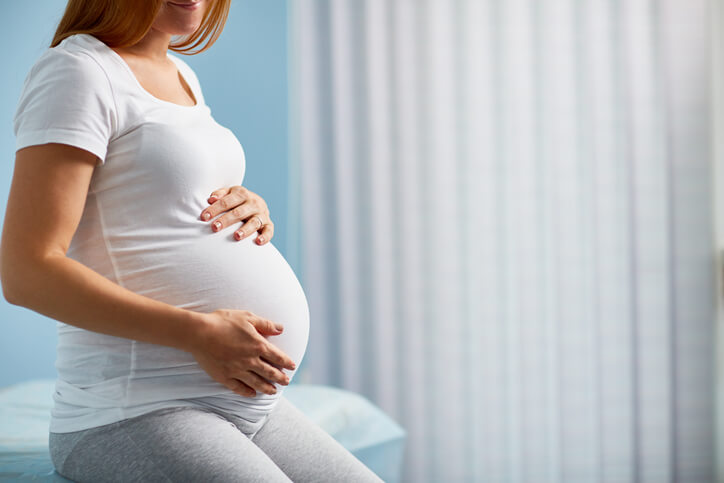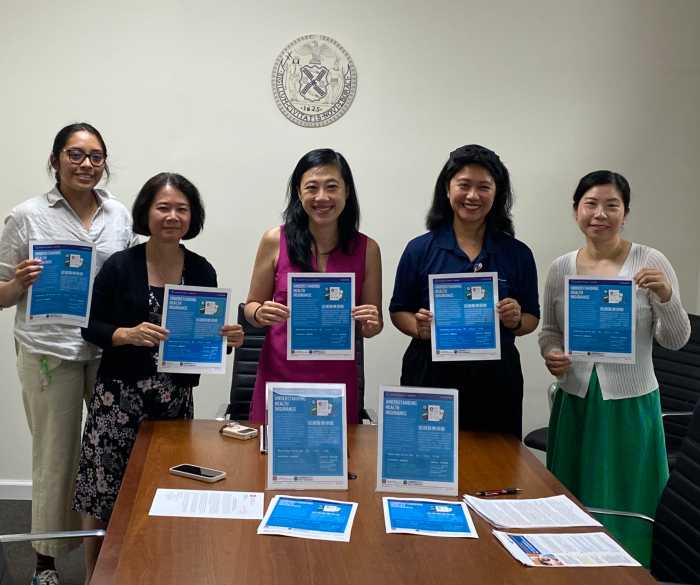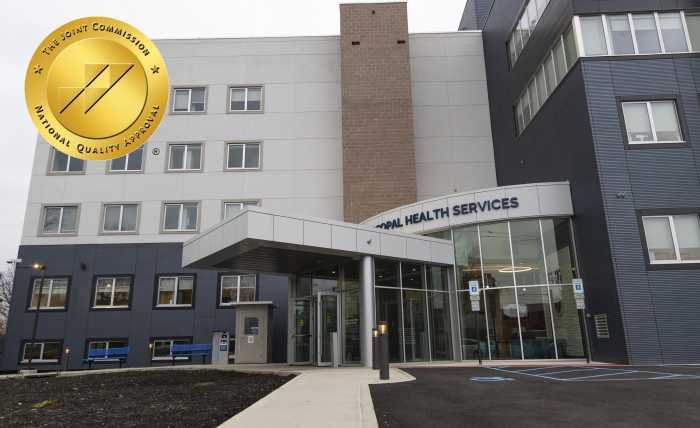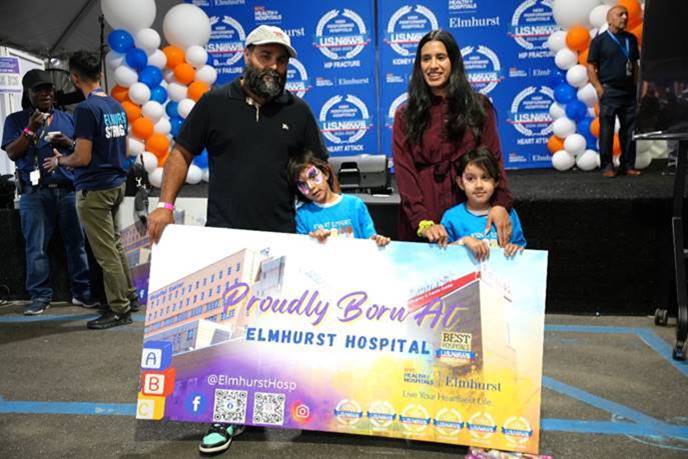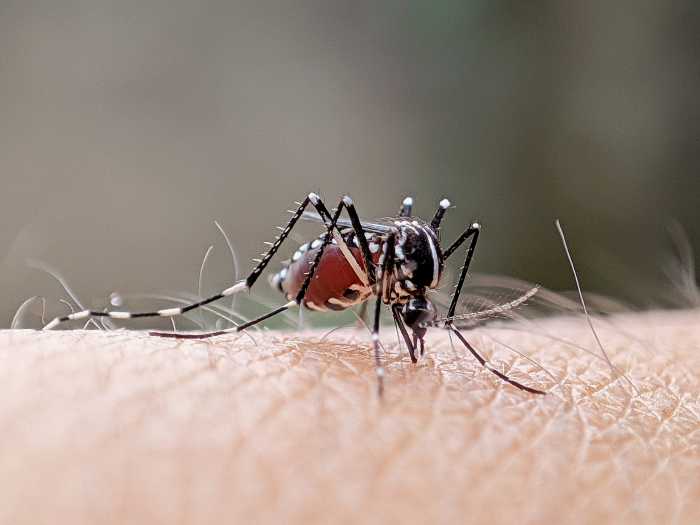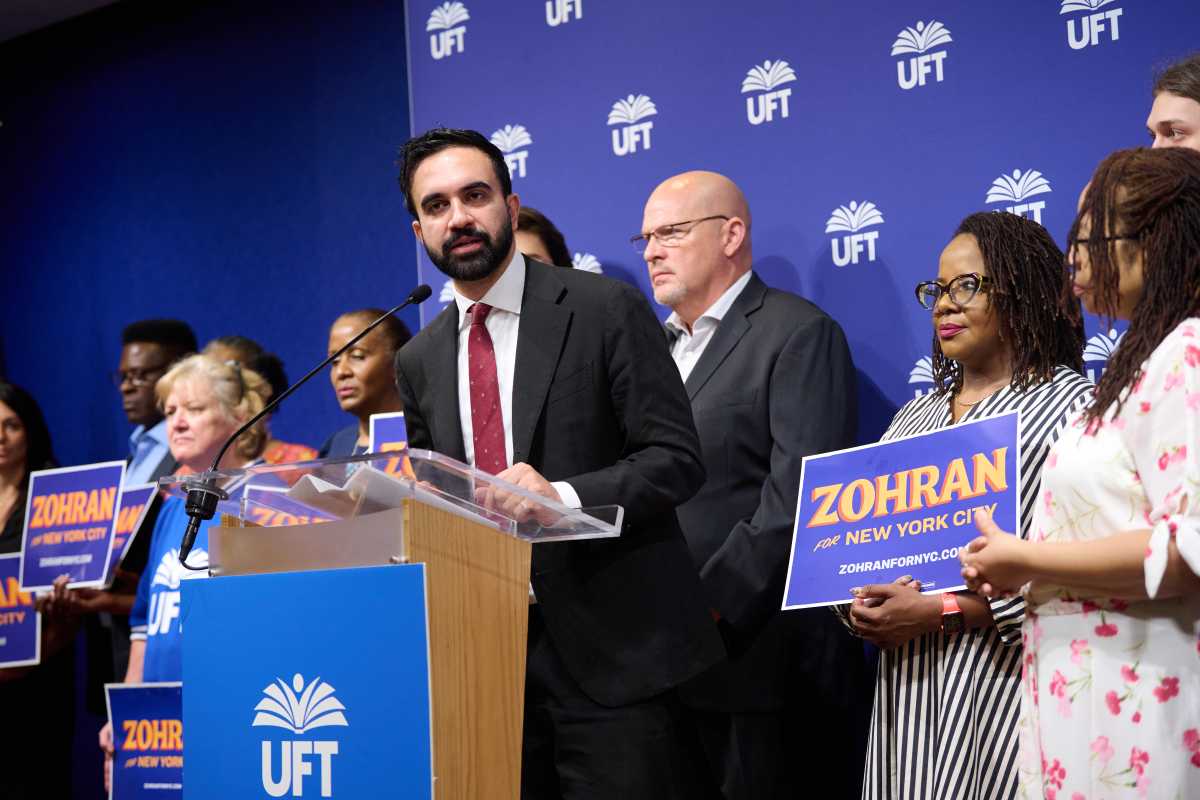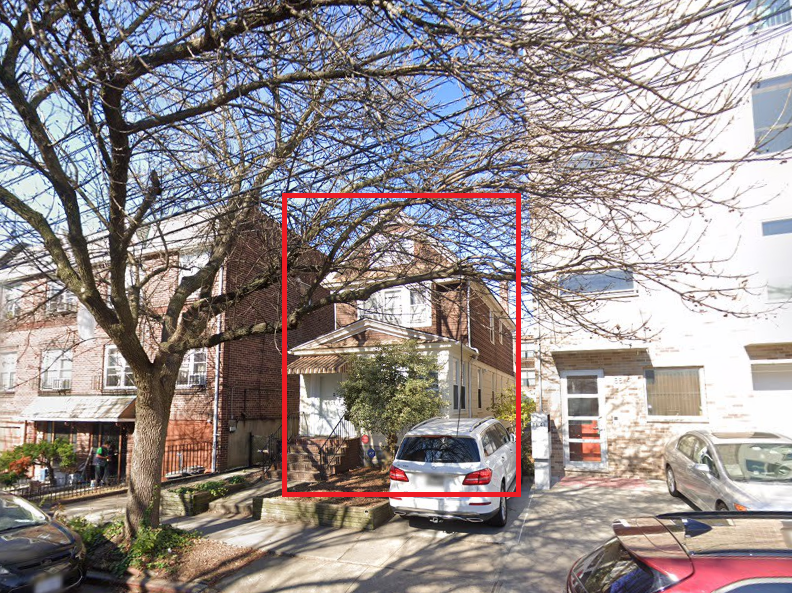A new pilot program to help reduce maternal deaths and birth-related complications will first launch in Jamaica this summer, promoting comprehensive health literacy education for pregnant women.
Saving Mothers is partnering with Public Health Solutions’ (PHS) Queens Healthy Start — a federally funded program intended to reduce infant mortality in high-risk communities — to launch the first New York City-based pregnancy health literacy program focusing on a unique model of training community health workers and empowering the women they serve, called mPOWHER.
New York State has one of the highest maternal death rates in the nation and the racial disparities are stark. In 2018, the mortality rate for black and non-Hispanic women was four times greater than that of white women. In New York City, black women are approximately eight times more likely to die from a pregnancy-related complication than white women. The top causes of maternal death are pulmonary embolism, hypertension, preeclampsia and other underlying maternal conditions.
According to the New York City Department of Health and Mental Hygiene, Queens has the third-highest maternal morbidity rate of the boroughs, after the Bronx and Brooklyn. Jamaica has the highest maternal morbidity rate of any community district in Queens, the report showed.
“The rate of severe maternal morbidity and mortality has been going up and that it’s at its worst for black women in particular,” said Marci Rosa, senior director of Maternal and Child Health at Public Health Solutions, which provides services to vulnerable low-income families and supporting 200 community-based organizations through long-standing public-private partnerships. “The communities that we serve in Queens — Jamaica, and St. Albans and other surrounding communities, as well as Long Island City, which we just added to our service area this year — have a very high rate of African American and Caribbean American women living there: more than half of all of the births in our service area are to African American or Caribbean women.”
Taraneh Shirazian, MD, is the president and founder of Saving Mothers, a nonprofit dedicated to improving maternal health worldwide. According to Taraneh, for 10 years, she has been teaching and training providers, and delivering clinical services for women in underserved communities around the world, but never expected that there would be such a dire need in the United States.
“People don’t think of pregnancy as a high-risk condition but for many women it is. Every provider of health and every woman should feel empowered to feel healthy and minimize her risks in pregnancy,” Taraneh said. “Our curriculum for community health workers and mPOWHER kits for expectant mothers will do just that. No woman should die giving life. Our goal is to make sure no woman does, whether it is around the world or in our own backyard.”
The Saving Mothers mPOWHER program will create a culturally sensitive training curriculum for community health workers that emphasizes building trust and identifying high-risk complications and comorbidities for pregnant women. The program will be piloted with PHS in Queens, expanding to the five boroughs, and ultimately, to all of New York state. To start, five community health workers from the Jamaica community will be trained to work with 300 pregnant women per year.
Community health workers serve as advocates who visit women in their homes and have a unique opportunity to engage, educate, advocate and empower the underserved pregnant and postpartum populations. Currently, there is no standardized national curriculum that educates and provides skills assessment and maintenance for community health workers.
The program will also promote comprehensive health literacy education for pregnant women through maternal health kits, which provide information about healthy pregnancy, complications, labor and postpartum. The kit will also discuss risk factors – including obesity, hypertension, and diabetes – that contribute to deadly complications, such as pulmonary embolism and preeclampsia.
“The training is one that will be ongoing. The community health workers will be trained and training will be continued while working with families,” Rosa said. “I think that it’s wonderful to be working with an organization like Saving Mothers. They’ve done extraordinary work in other parts of the world and have saved many lives as a result of their work. So we’re thrilled that they’ve looked to us to work with them on this project. I believe that the research is going to be able to show that we can make a difference with these interventions.”
Lisa David, president and CEO at PHS, said through the mPOWHER program, community health workers will be better equipped to empower women to advocate for themselves and their families.
“It’s unacceptable that women of color face such stark differences in pregnancy outcomes,” David said. “No woman’s life should be at risk when they deliver their baby.”

